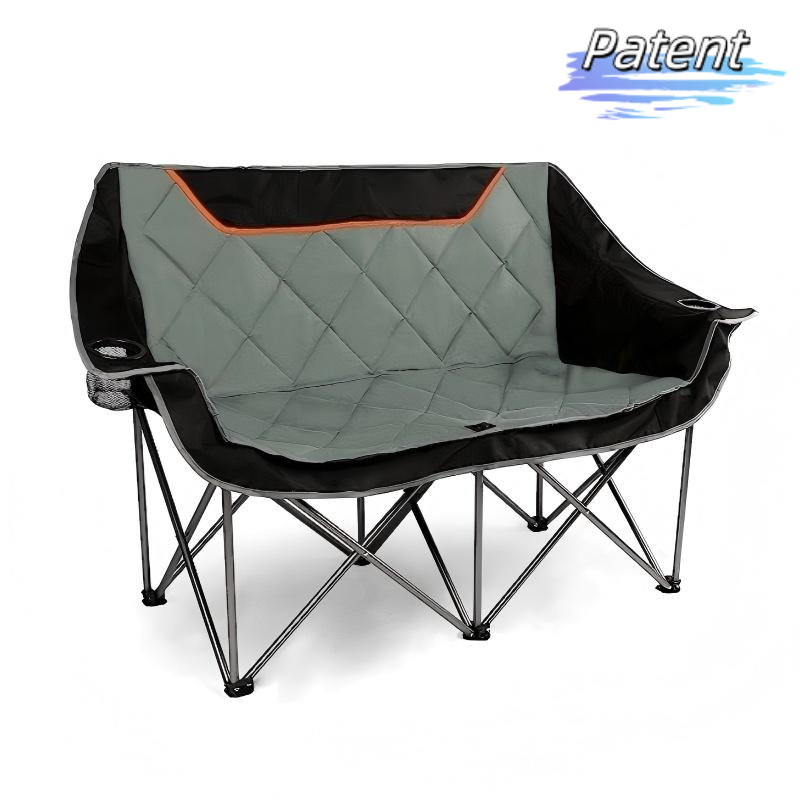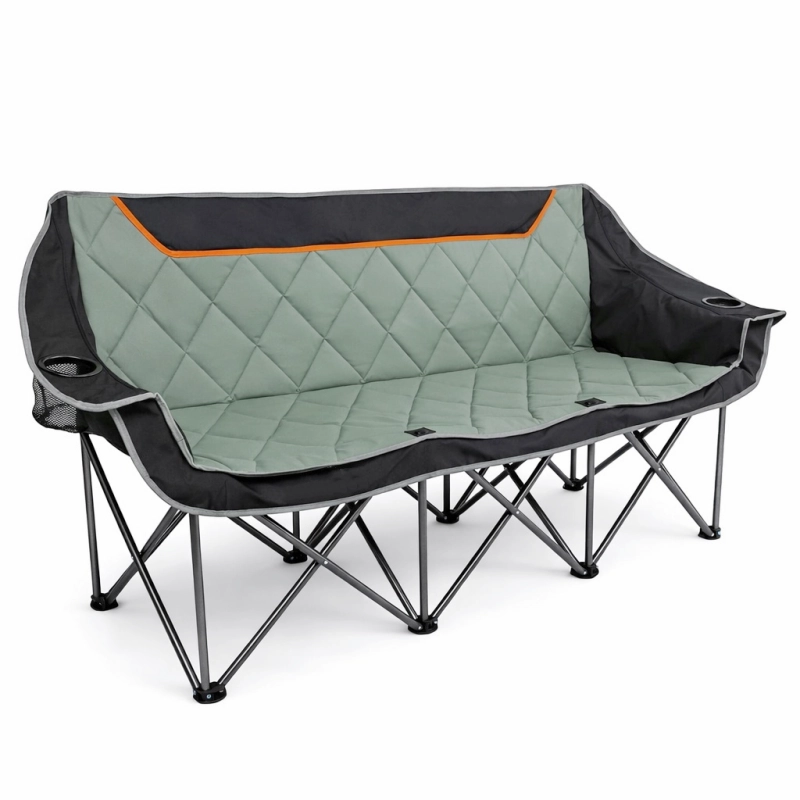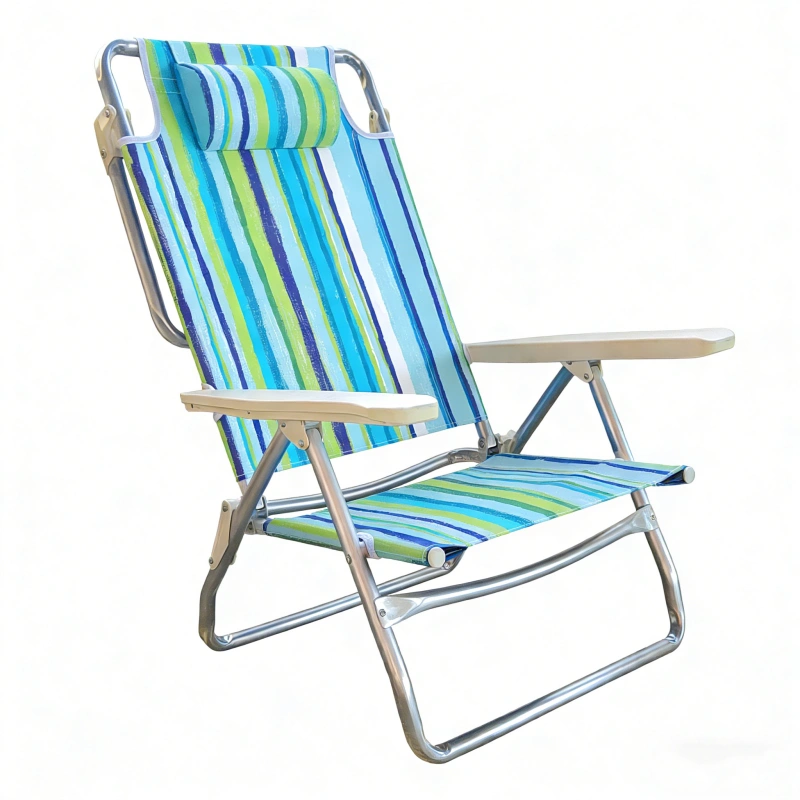When sourcing from a camping tent manufacturer, one of the most important decisions for B2B buyers is selecting the right material. The choice of fabric material affects not only product durability but also cost, performance and customer satisfaction. For importers, wholesalers and outdoor gear distributors, understanding the differences between these materials is key to making the best procurement decision.
In this article, we compare polyester, nylon and canvas camping tents for bulk orders, helping you identify which option is most suitable for your target market.
Why Material Selection Matters for Bulk Camping Tent Orders
For distributors and retailers, material choice determines how well tents perform in different outdoor environments. A reliable camping tent manufacturer will offer various fabric options to meet diverse market demands. Whether your customers are budget-conscious casual campers, professional backpackers or luxury glamping resorts, the tent material impacts:
- Durability in long-term use
- Waterproofing and weather resistance
- Weight and portability
- Cost efficiency in bulk orders
- Customer satisfaction and repeat business
Partnering with the right camping tent supplier ensures that you can offer competitive solutions across multiple market segments.
Polyester Camping Tents
Key Features
Polyester is one of the most common materials offered by camping tent manufacturers. Known for its affordability and resistance to water absorption, polyester is widely used in tents designed for recreational and entry-level camping.
- Lightweight & cost-effective: Easy to transport and ideal for large-volume orders.
- UV resistance: Performs better than nylon under prolonged sun exposure.
- Quick drying: Retains less water than canvas, making it suitable for damp conditions.
B2B Advantages
For importers and wholesalers, polyester tents are attractive due to their lower price point and wide consumer acceptance. They are easy to sell in supermarkets, e-commerce platforms and promotional outdoor events.
Limitations
- Less durable than canvas in rugged use.
- May degrade under extreme weather conditions.
Nylon Camping Tents
Key Features
Nylon is another popular material offered by professional camping tent suppliers. Compared to polyester, nylon tents are lighter and often used in backpacking or high-performance outdoor products.
- Superior strength-to-weight ratio: Excellent for lightweight tents.
- Elasticity: Provides flexibility against wind stress.
- Compact storage: Folds into smaller sizes, making them attractive for outdoor retailers.
B2B Advantages
For camping tent wholesalers, nylon tents are ideal for targeting professional outdoor gear markets. Retailers focusing on hiking, trekking or mountaineering prefer nylon because it balances durability and portability.
Limitations
- Prone to UV degradation without coating.
- Absorbs more water than polyester, requiring waterproof treatment.
Canvas Camping Tents
Key Features
Canvas tents represent the premium segment of the market. A traditional material, canvas is heavier but offers unmatched durability and insulation. Many camping tent manufacturers in China still produce canvas models for glamping, military and long-term use.
- Exceptional durability: Withstands heavy use and long-term exposure.
- Breathability: Keeps interiors cooler in hot weather and warmer in cold conditions.
- High-end appeal: Suitable for glamping resorts, military supply contracts, and professional expedition use.
B2B Advantages
For importers and distributors, canvas tents offer higher margins and access to premium markets. They are highly valued in luxury camping tourism and institutional contracts.
Limitations
- Heavier and bulkier than synthetic options.
- Higher cost compared to polyester and nylon.
Comparing Polyester vs. Nylon vs. Canvas
| Material | Strength | Weight | Waterproofing | UV Resistance | Cost | Best For |
|---|---|---|---|---|---|---|
| Polyester | Moderate | Light | Good | Good | Low | Mass market, promotional tents |
| Nylon | Strong | Very light | Fair (needs coating) | Moderate | Medium | Backpacking, trekking |
| Canvas | Very strong | Heavy | Excellent (with treatment) | Excellent | High | Glamping, military, long-term use |
What B2B Buyers Should Consider
When sourcing from a camping tent manufacturer, bulk buyers should evaluate:
Target Market – Are your customers budget-conscious families, adventure backpackers or luxury campers?
Distribution Channel – Online marketplaces, retail stores, outdoor specialty shops or institutional buyers.
Customization Options – OEM/ODM services for logos, colors and packaging.
MOQ and Pricing – Compare wholesale camping tent quotes from different suppliers.
Certifications – Ensure the manufacturer complies with ISO, BSCI, and other relevant quality standards.
A trusted camping tent manufacturer in China will be able to advise on the most cost-effective and market-ready solution for your business.
Choosing the Right Camping Tent Manufacturer
Selecting the right partner is just as important as choosing the material. A professional camping tent supplier should provide:
- OEM & ODM services for custom designs.
- Flexible order quantities for wholesale buyers.
- Durable testing and quality assurance to meet international standards.
- Timely logistics support for global shipments.
For importers, retailers, and brand owners, building a long-term relationship with a reliable camping tent manufacturer ensures consistent quality, competitive pricing and product differentiation in a crowded market.
Conclusion
When comparing polyester, nylon and canvas camping tents, each material serves a different purpose in the B2B supply chain. Polyester tents are affordable and versatile for mass-market sales, nylon tents are lightweight and preferred for outdoor performance, and canvas tents offer premium durability for glamping and institutional contracts.
By working with a trusted camping tent manufacturer, buyers can align material choices with their market needs and ensure profitable, long-term business growth.





